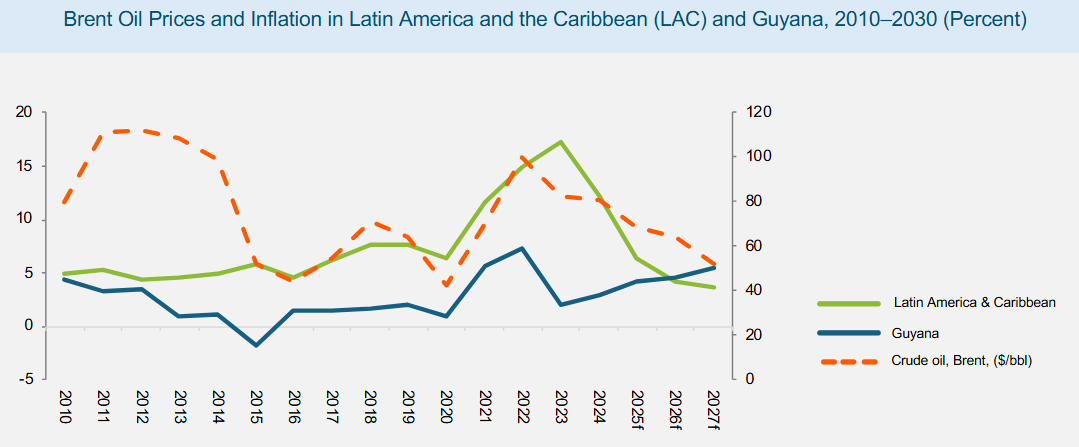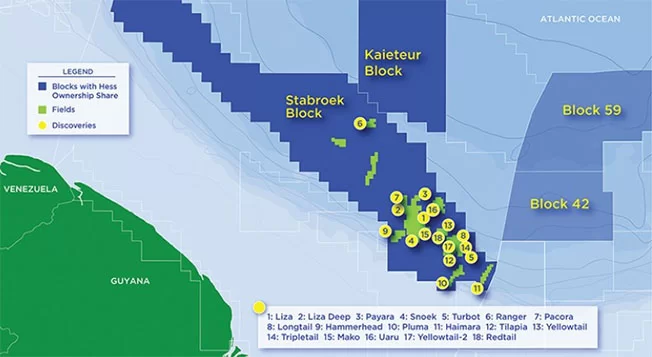In a significant move for Caribbean economic relations, the United States House of Representatives has decisively passed legislation to extend a key trade preference program for Haiti. The American Chamber of Commerce in the Dominican Republic (AMCHAMDR) has formally welcomed this development, which saw the HOPE/HELP program renewal approved with robust bipartisan consensus in a 340-54 vote.
This legislative action provides a vital three-year extension to the tariff benefit initiative, a cornerstone for regional commerce and economic security. AMCHAMDR emphasized that the continuity afforded by this decision is paramount for the island’s textile and apparel supply chain. This sector is heavily dependent on such trade preferences to maintain its competitive edge in the global market and to safeguard existing employment.
Beyond immediate industrial benefits, the extension is projected to serve as a catalyst for much-needed investment and broader economic development within Haiti. Such progress is anticipated to generate positive spillover effects, enhancing overall regional stability and concurrently benefiting the Dominican Republic’s commercial and productive sectors by fostering a more integrated and prosperous neighborhood.
The approved measure now advances to the U.S. Senate for its review and subsequent deliberation. Upon successful passage through the Senate, it will require final enactment into law by the President. AMCHAMDR has reaffirmed its dedicated commitment to vigilantly monitoring the ongoing legislative process. The chamber pledges to collaborate with both public institutions and private sector partners to advocate for policies that fortify trade relations between the Dominican Republic, Haiti, and the United States, ultimately promoting greater competitiveness, deeper regional integration, and sustainable economic expansion.









